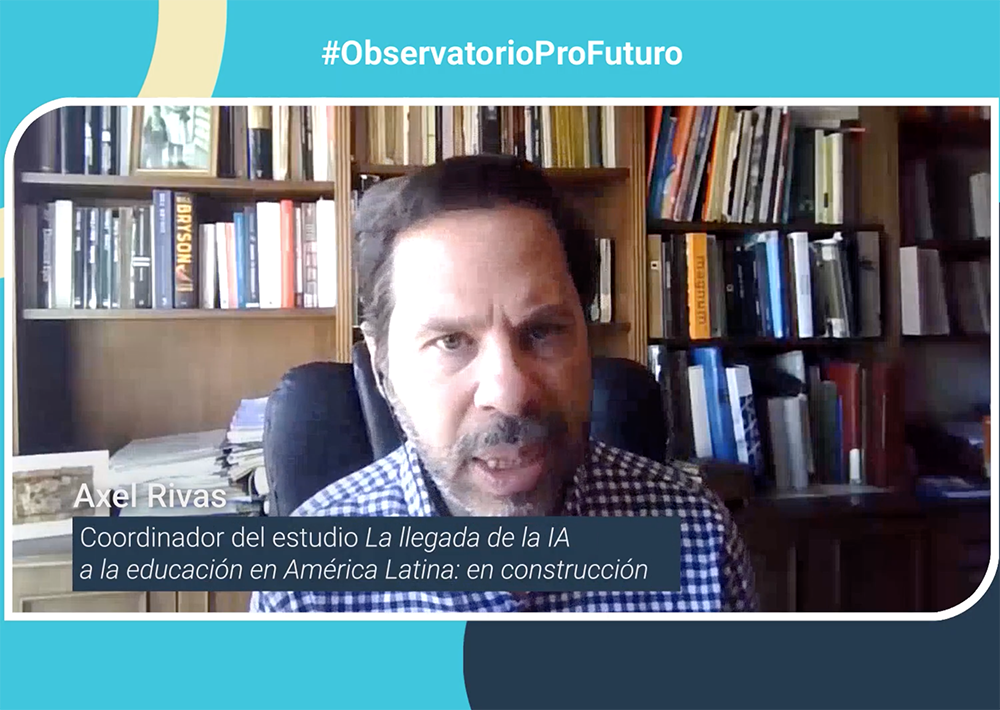The Hole in the Wall
In 1999, educational researcher and scientist Sugata Mitra and his team installed a computer in a wall in a poor neighbourhood in New Delhi, accessible to children who had never seen a computer before. Without any prior instruction, the children began to explore and learn to use the computer on their own. The experiment demonstrated that children can learn to handle complex technologies and acquire knowledge independently if given access to the right resources, even without teacher intervention. This discovery led Mitra to formulate the theory of Self-Organized Learning Environment (SOLE), which posits that children, when in groups and with internet access, can collaboratively learn and solve problems on their own.
In this article, originally published for WISE ed.review, Professor Mitra advocates for a new way of teaching and assessing that is consistent with his theory, where technology plays a crucial role.
Teachers Need Freedom to Enable New Forms of Learning
 Most curricula for children consist of outdated norms from the past century. These plans focus too much on spelling, grammar, multiplication tables, and mental arithmetic. These skills were necessary in the last century, primarily for administrative tasks. Today, proponents of their study argue that they improve children’s mental abilities. I have found nothing to prove this.
Most curricula for children consist of outdated norms from the past century. These plans focus too much on spelling, grammar, multiplication tables, and mental arithmetic. These skills were necessary in the last century, primarily for administrative tasks. Today, proponents of their study argue that they improve children’s mental abilities. I have found nothing to prove this.
The current exam system requires students to answer questions on paper, using handwriting. They are also required to be alone, without communicating with anyone. The only allowed technology is a pencil and, with some luck, a ruler: 18th-century technology.
To adapt to these exam systems, teachers, whether good or bad, need to resort to outdated teaching methods based on rote learning, repetitive exercises, and negative reinforcement practices.
Then, once their schooling years are over, upon entering the real world, students are expected to solve problems using the internet, collaborate with others to solve these problems, type instead of writing by hand, use calculators for arithmetic, and rely on spell checkers and grammar checkers while typing. In other words, they are asked to do exactly the opposite of what they learned in school.
On the other hand, we know that:
- Children, when in groups, can learn to use computers and the internet regardless of their background or the language they speak.
- Children, when in groups, can learn almost anything by themselves using the internet and discussing among themselves, as long as there is no adult supervision.
- Teachers can teach via the internet, using digital platforms or controlling robots in remote locations they cannot physically reach.
- Children, in groups, can research advanced subjects beyond their age, which seems to improve their reading comprehension.
The exam system must be modified to allow collaborative problem-solving using supportive technology. This way, teachers will have the freedom to facilitate learning through new pathways. And this must happen. There is a new generation that already uses these technologies all the time, except when they are in school. They continuously learn from these devices.
However, resistance to this idea is strong. It comes from an older generation driven by the subconscious desire to return to the 1920s, a time they consider the best in history. They have misunderstood my statement “children do not need to be taught spelling,” interpreting it as “children should not learn spelling.” The same goes for grammar.
Those who use spell checkers are not always wrong. If they ever misspell a word, they tend to spell it correctly once the spell checker corrects the error. Thus, technology becomes a learning tool. The same goes for many different forms of technology. If you use a GPS navigator to go somewhere for the first time, you are unlikely to need it again to get to the same place. You already know how to get there. If you use YouTube to cook a recipe once, you won’t need to turn to YouTube again to prepare the same dish because you have already learned how to do it.
Children, and perhaps adults too, who use a spell or grammar checker will continuously learn spelling and grammar in a comfortable and functional way. This will allow teachers to spend more time teaching concepts that technology cannot yet address.
The younger generation, almost unanimously, is very grateful for these ideas. One of them wrote “K guay” (“How cool”). This is considered a grammatical error today. It should have been written “I like your proposal and find it interesting.” This would have been the “correct” grammar of the early 20th century. Anything older would also be “incorrect.” For example, “Sir, how right you are” would be considered quite out of place. Who decided that early 20th-century Oxford English is the only “correct” English? The middle-aged generation has created devices with tiny keyboards that make typing almost impossible. The younger generations’ response has been to create SMS language that solves the problem. They deserve applause for it.
If we respond in an exam using Shakespearean English, we will fail. If we respond in an exam using text message language, we will fail. Something is not working well in a world where Shakespearean English is as inappropriate as the language used in text messages.
The exam system has become as obsolete as the teachers who are forced to apply it.






